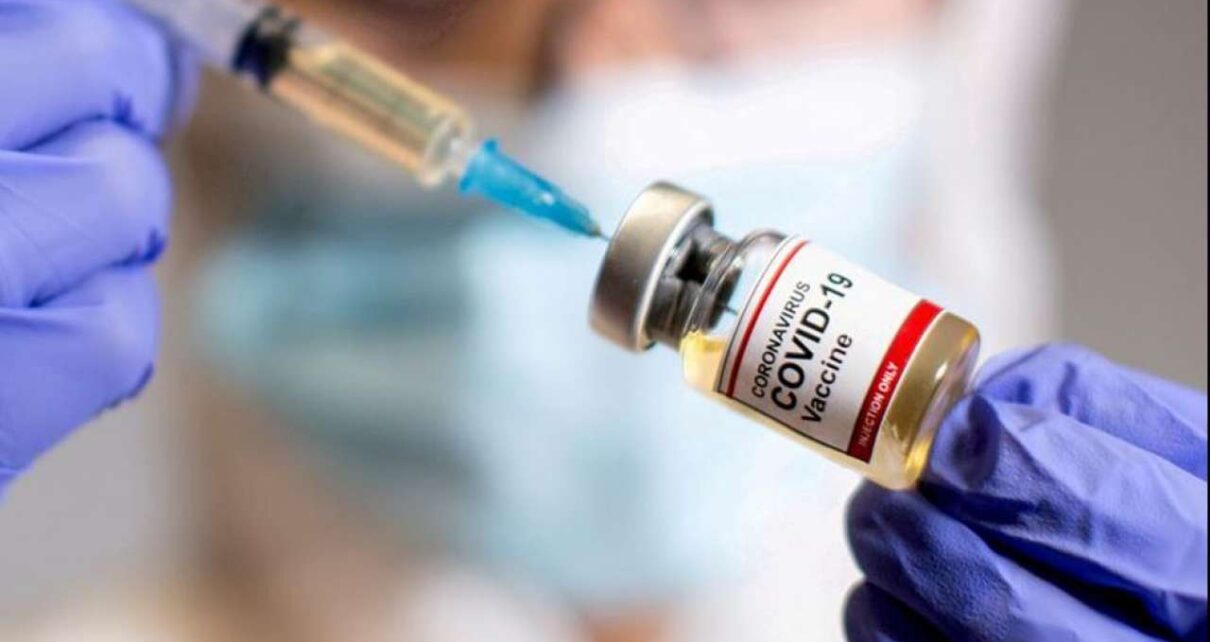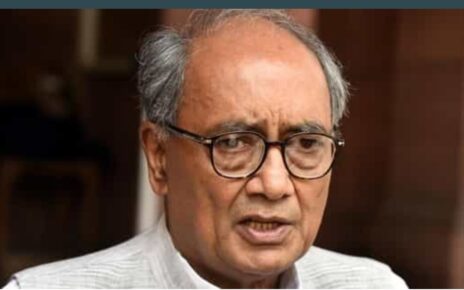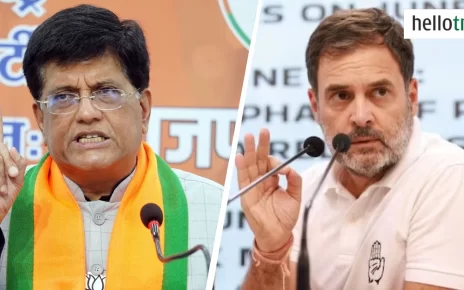In a major change in vaccination policy, the Centre decided to bring vaccine procuration under its purview which will begin from June 21. It also introduced the concept of non-transferable e-vouchers to promote the spirit of “Lok Kalyan.”
The move to avail e-vouchers comes to encourage people to help the economically weaker section of the society to get vaccination against the coronavirus disease.
Vaccination will become free for all, except those who will get inoculated at private hospitals. The price for vaccination at private hospitals has been capped as well. The price of Covishield has been fixed at ₹ 780 a dose, the Russian vaccine Sputnik V at ₹ 1,145 a dose and indigenously made Covaxin, at a ₹ 1,410. The price includes taxes as well as a 150-rupee service charge for hospitals.
What’s an e-voucher?
It’s an electronic voucher approved by the Reserve Bank of India (RBI) that will enable people to financially support Covid-19 inoculation of economically weaker sections at private centres, according to the revised guidelines issued by the Centre.
Can you gift a vaccine e-voucher?
Using an e-voucher means one can book and pay for a vaccine slot at a private hospital for another person. For instance, if a person intends to help his house help get vaccinated, he can give the person a voucher.
Is it transferable?
No, it’s non-transferable and can be redeemed at private inoculation centres.
When can you purchase these vouchers?
The government has not given any specific date but the revised vaccine guidelines come into effect on June 21, so the vouchers are also likely to be available from then.
Who will be given priority in vaccination under the new policy?
As before, healthcare workers will be the priority of the vaccination, followed by frontline workers, and citizens above the age of 45 years. After that, people who have already got their first dose will be prioritised. The citizens above 18 years will be considered.




